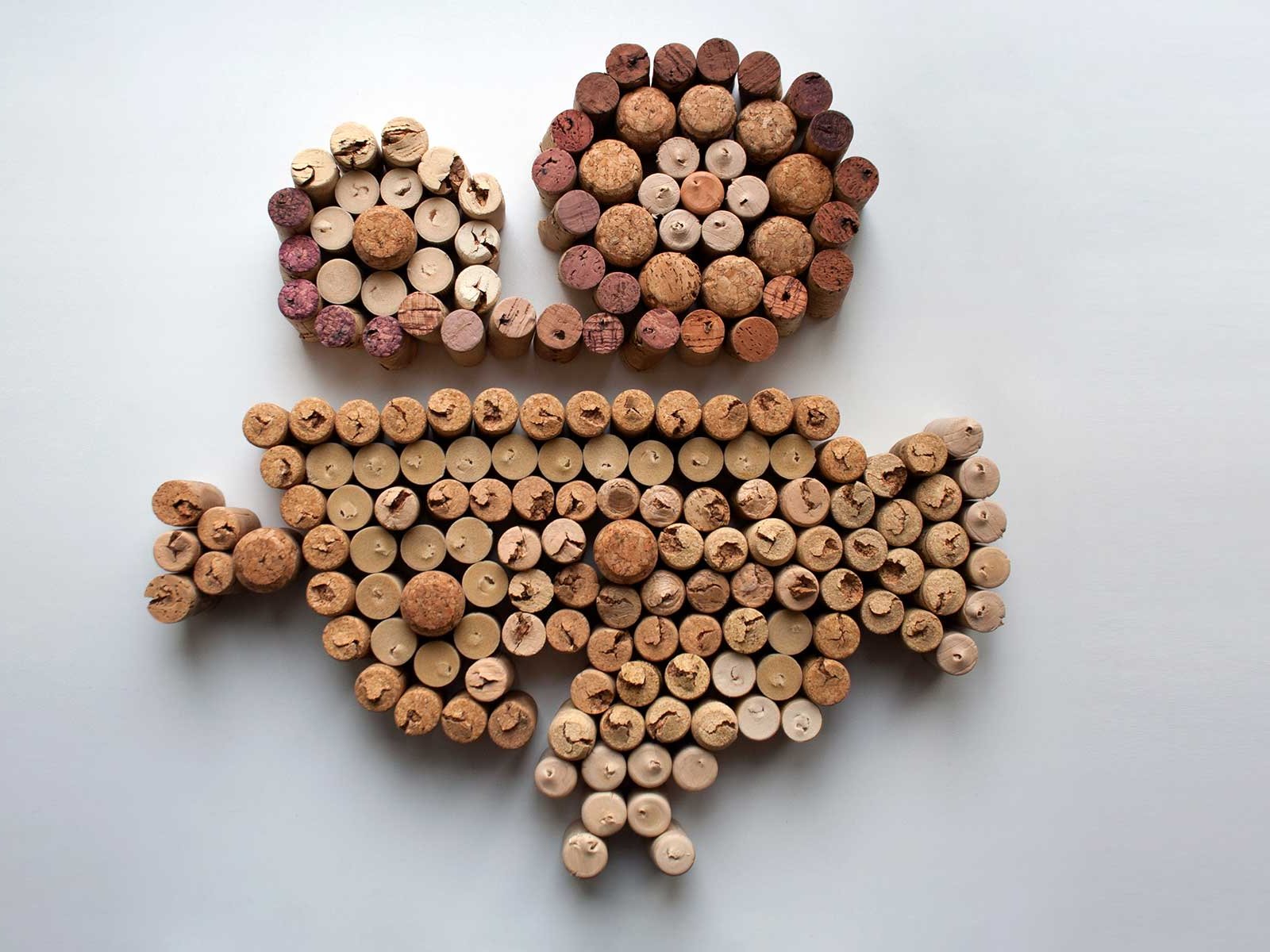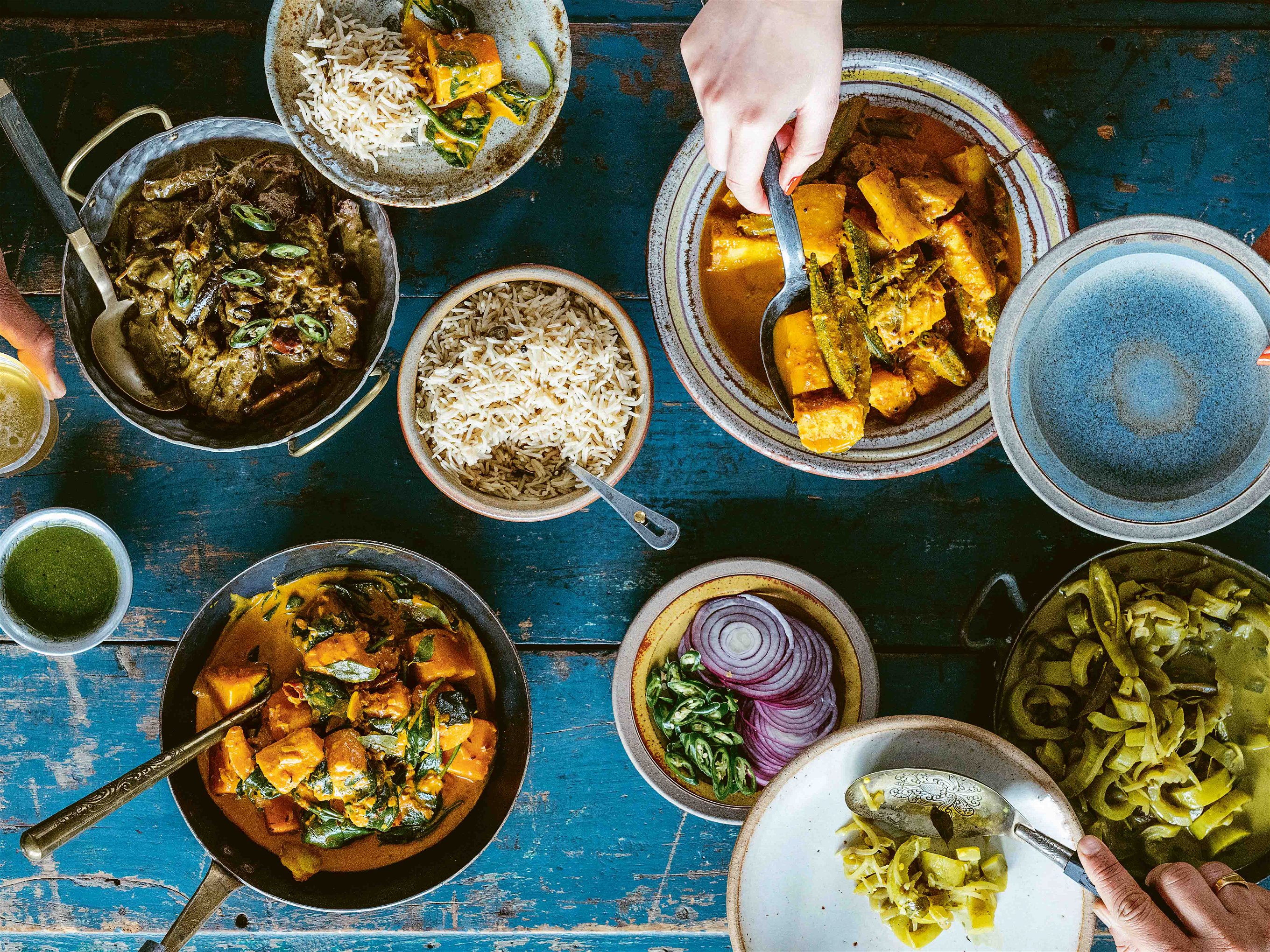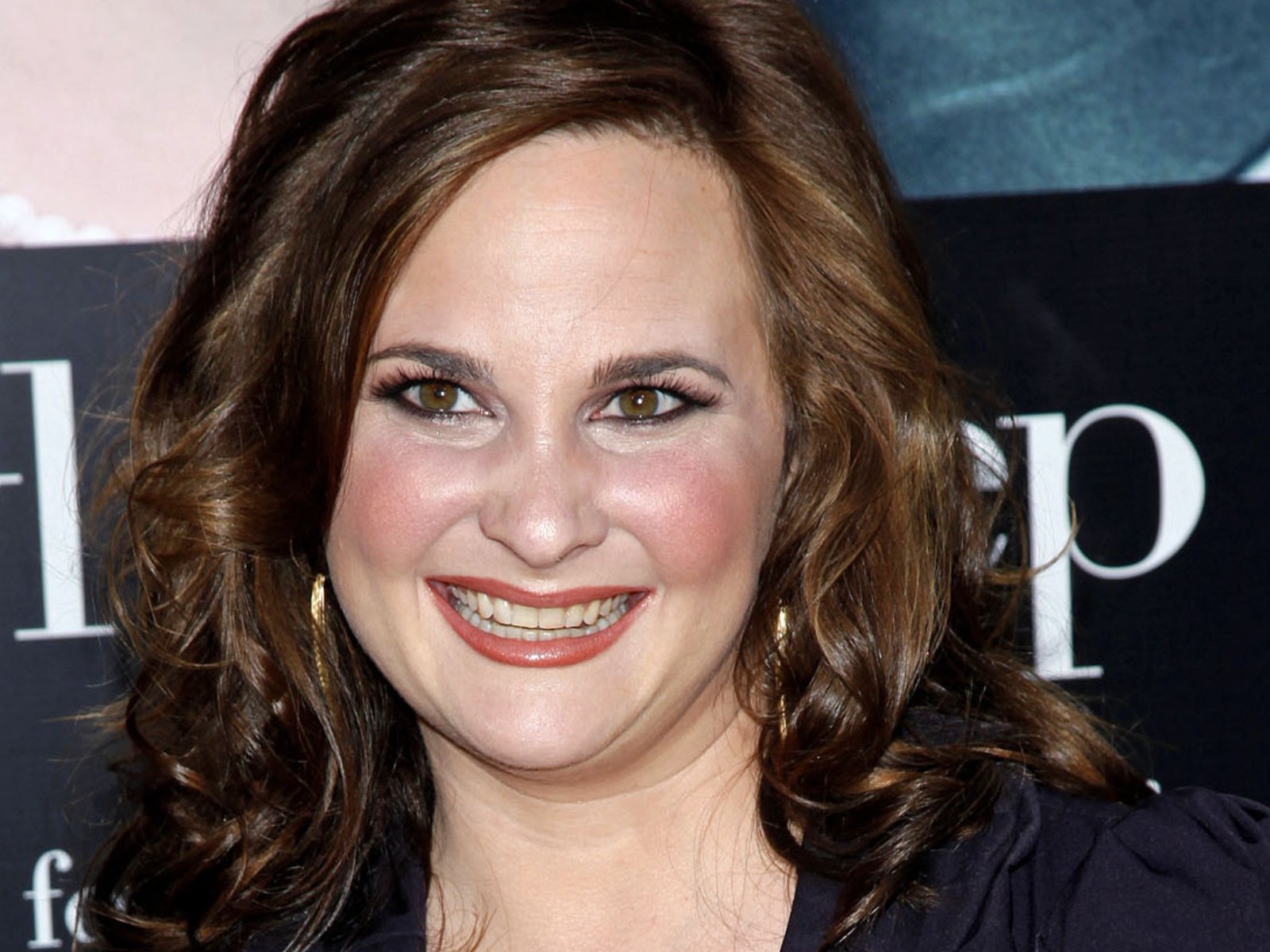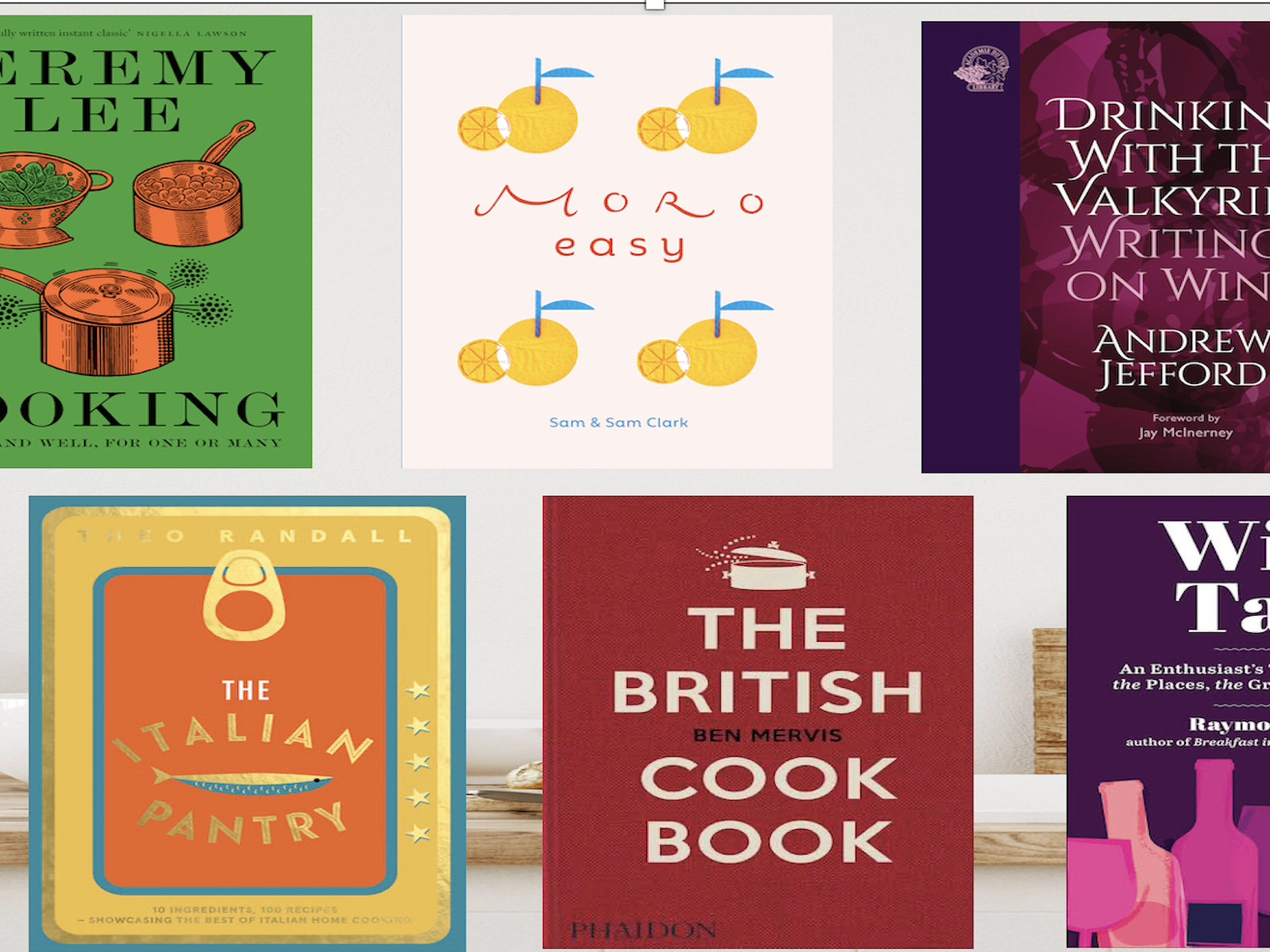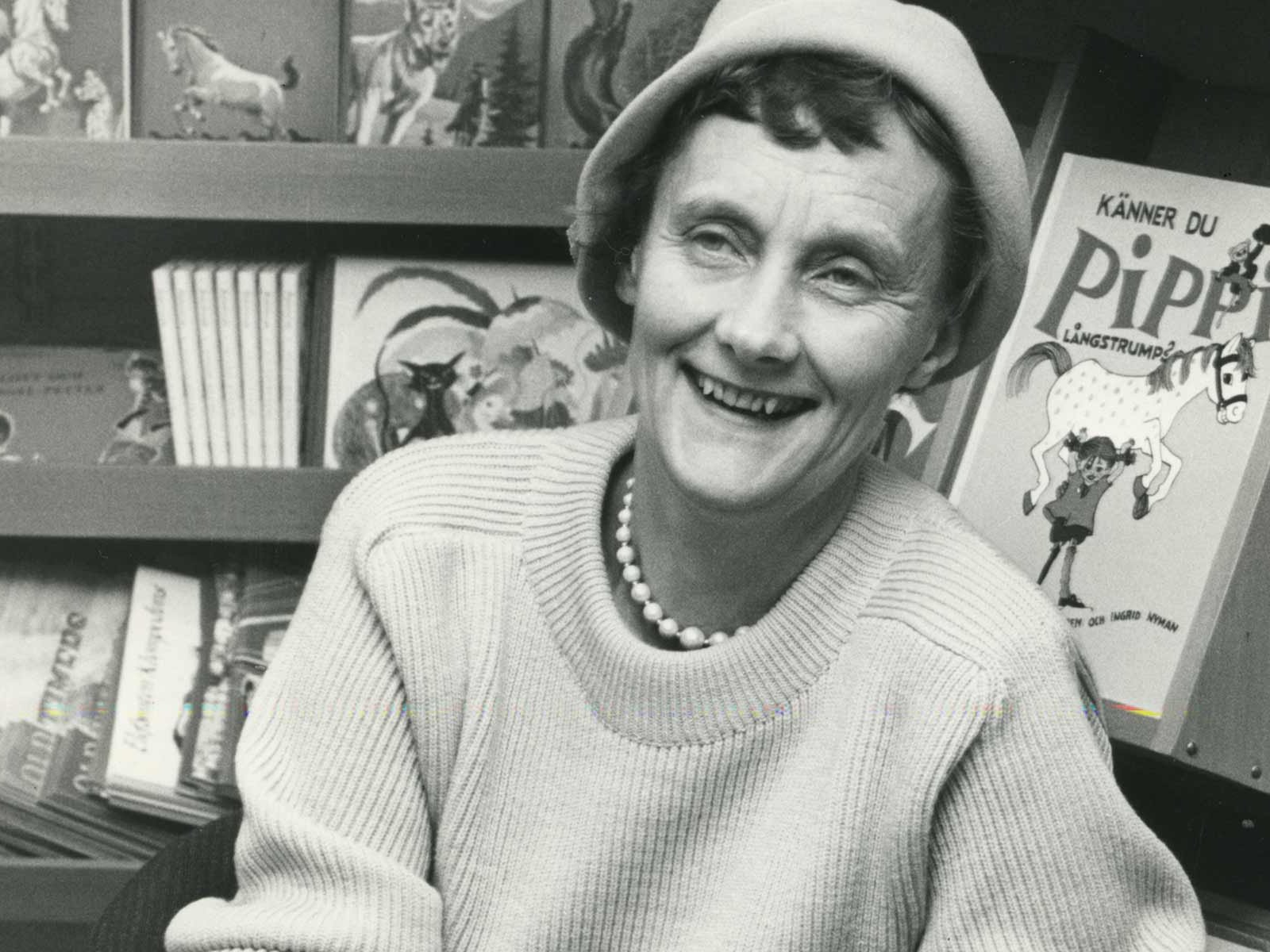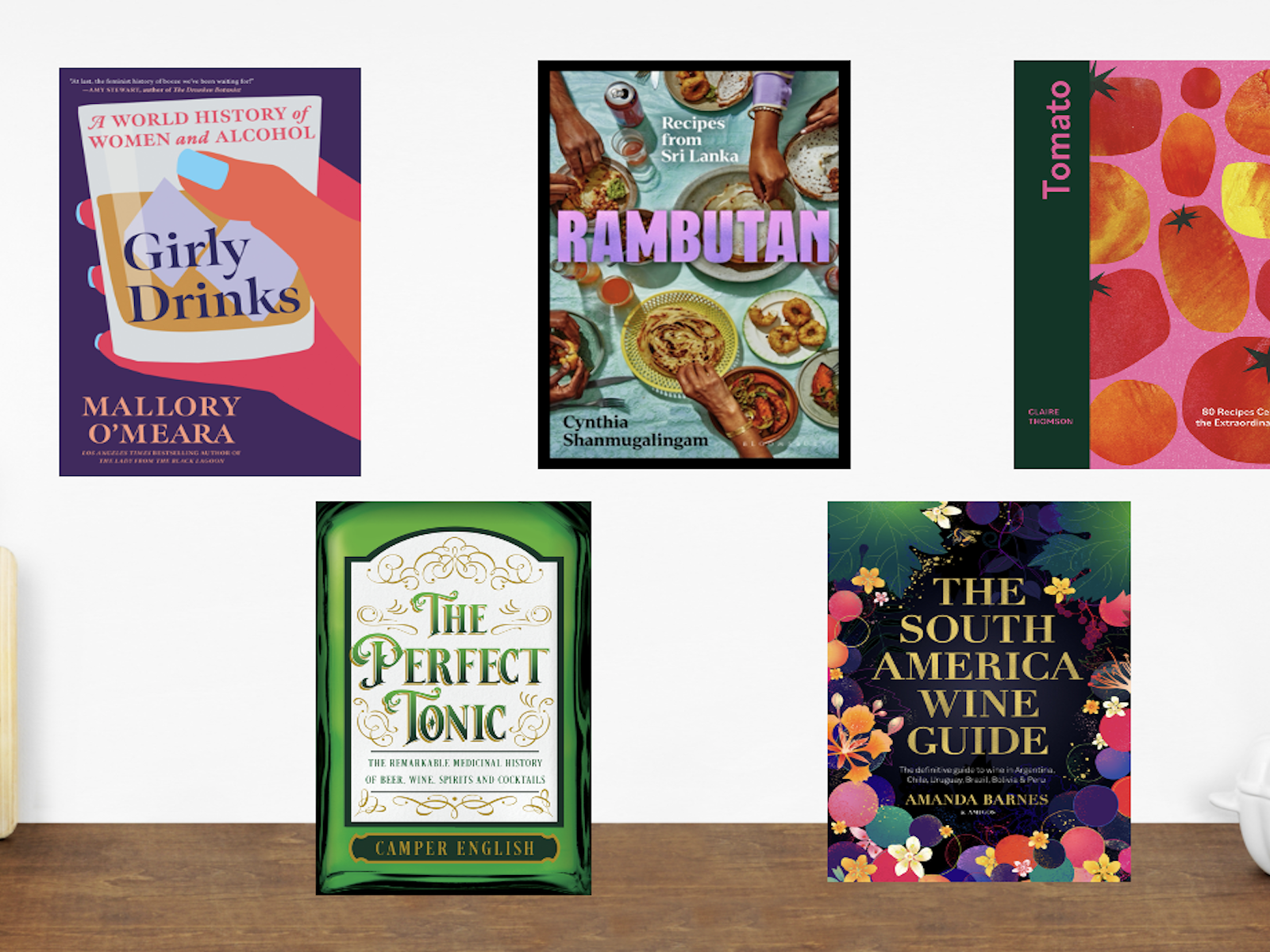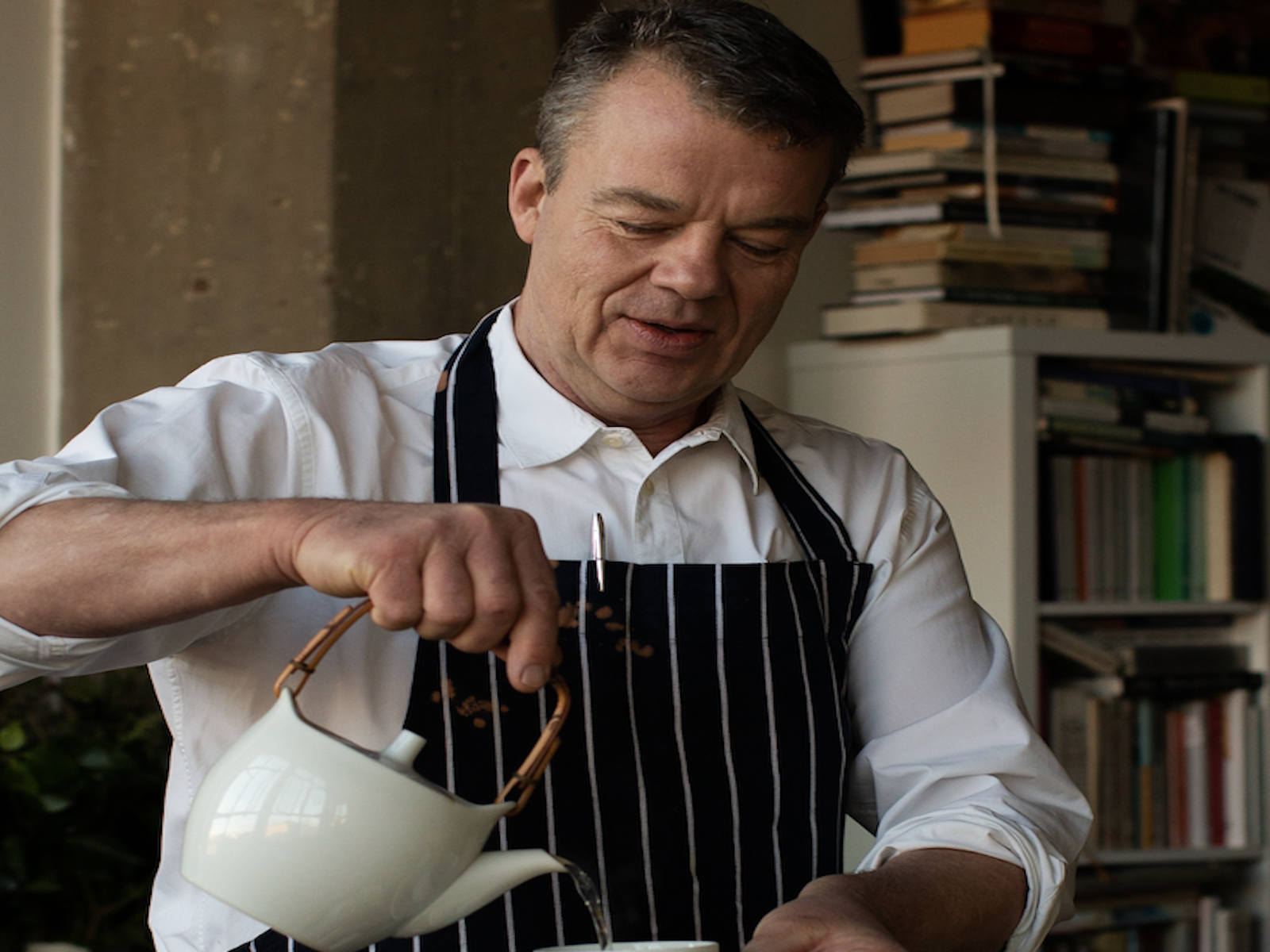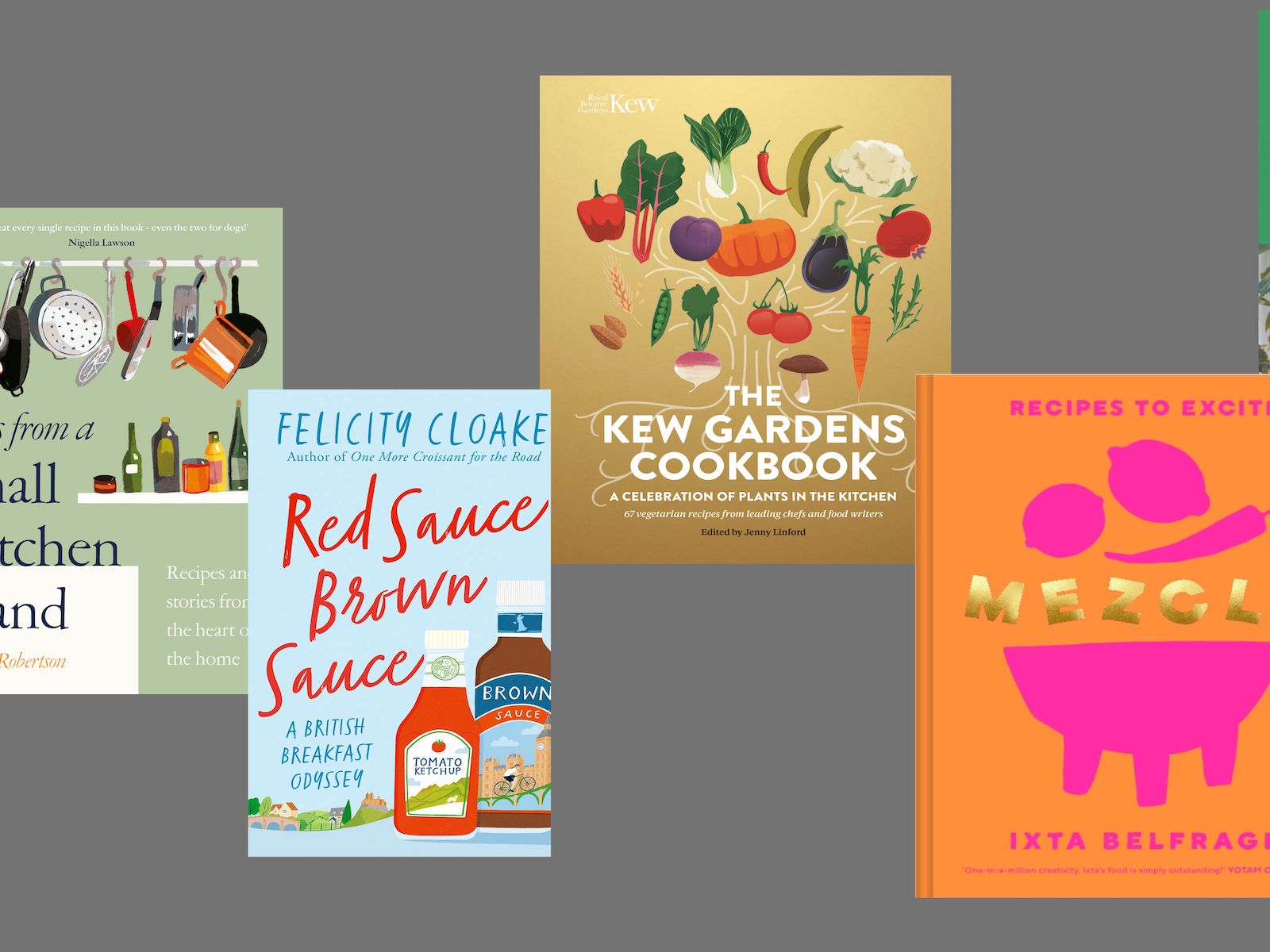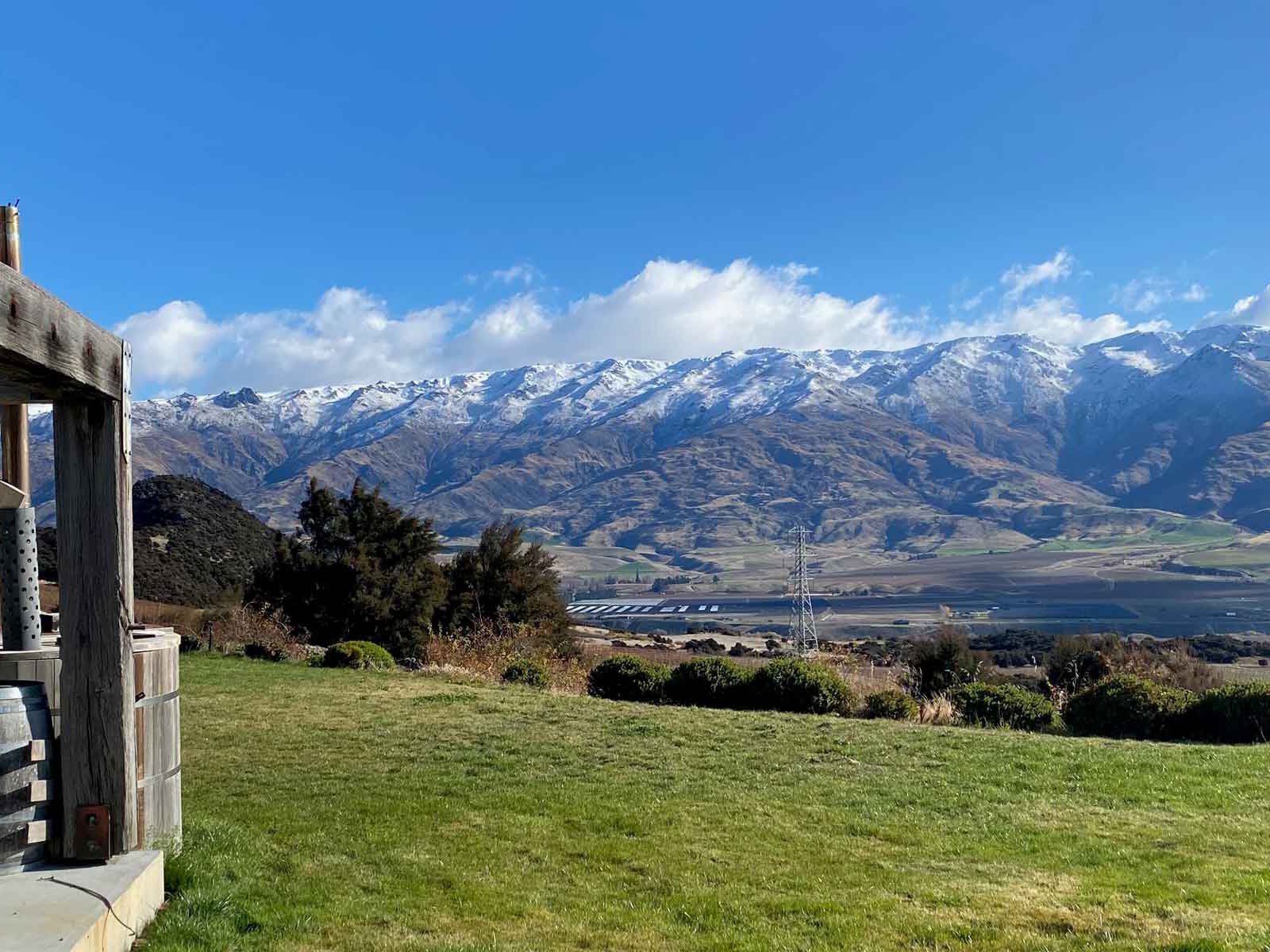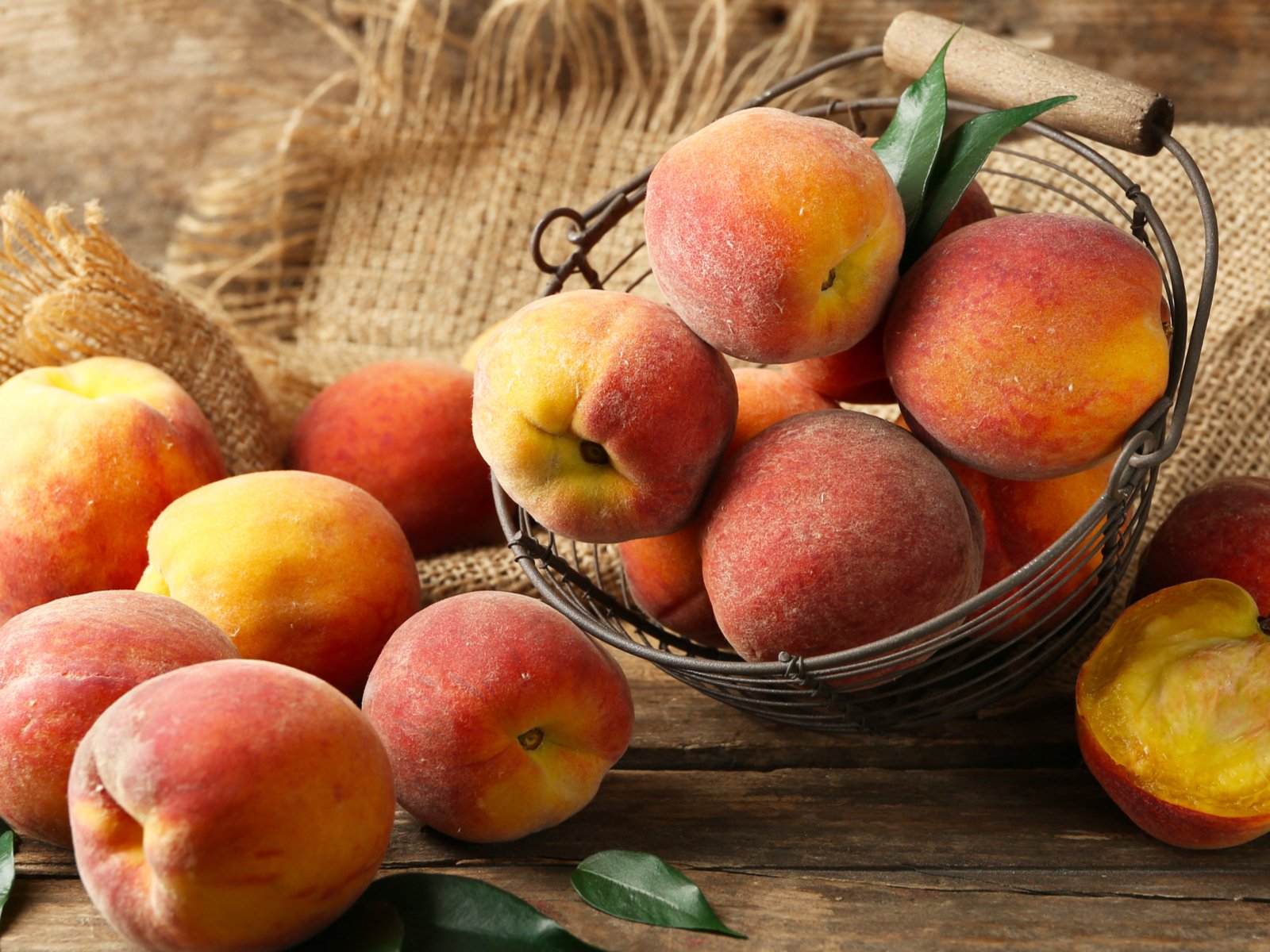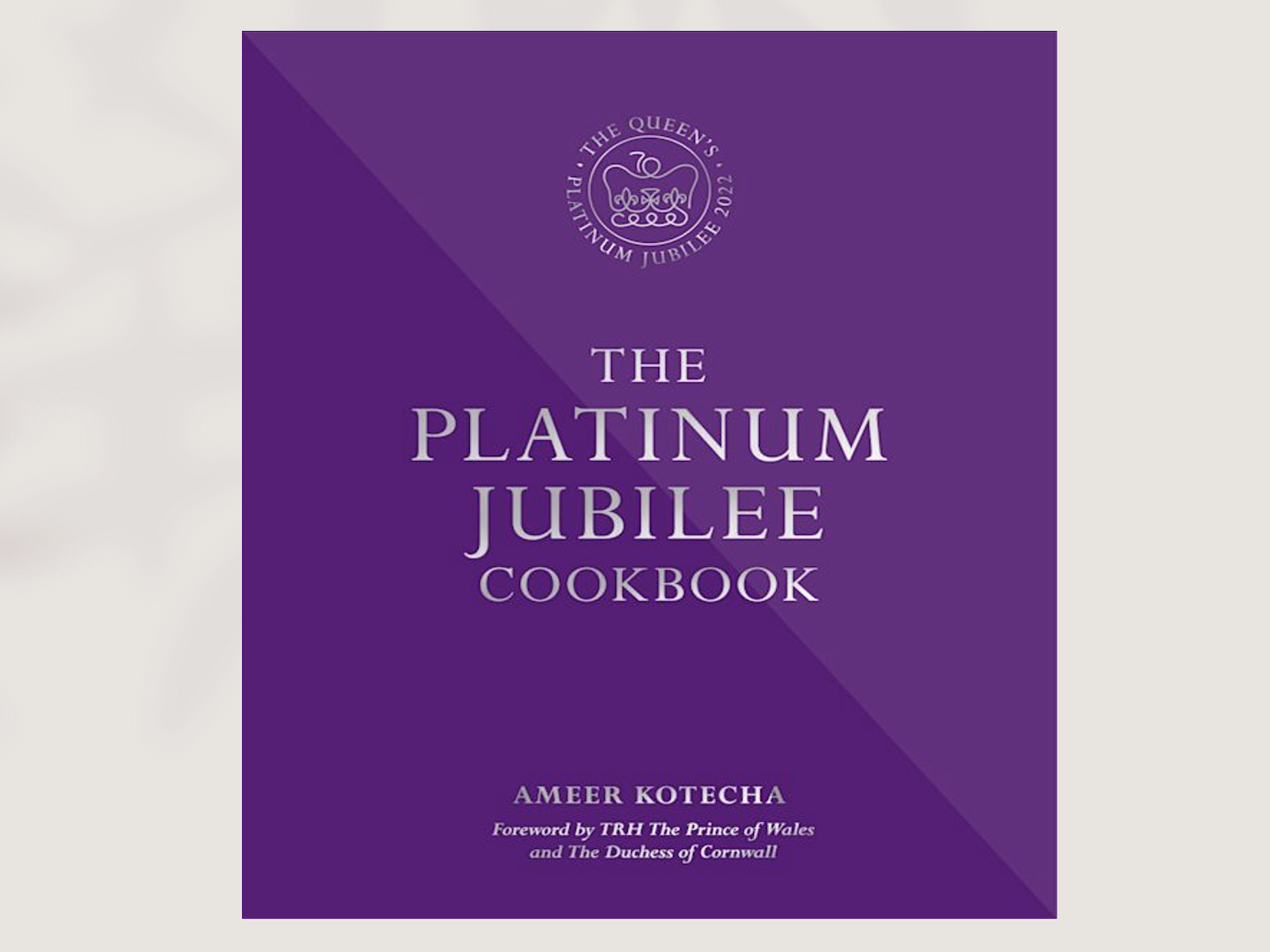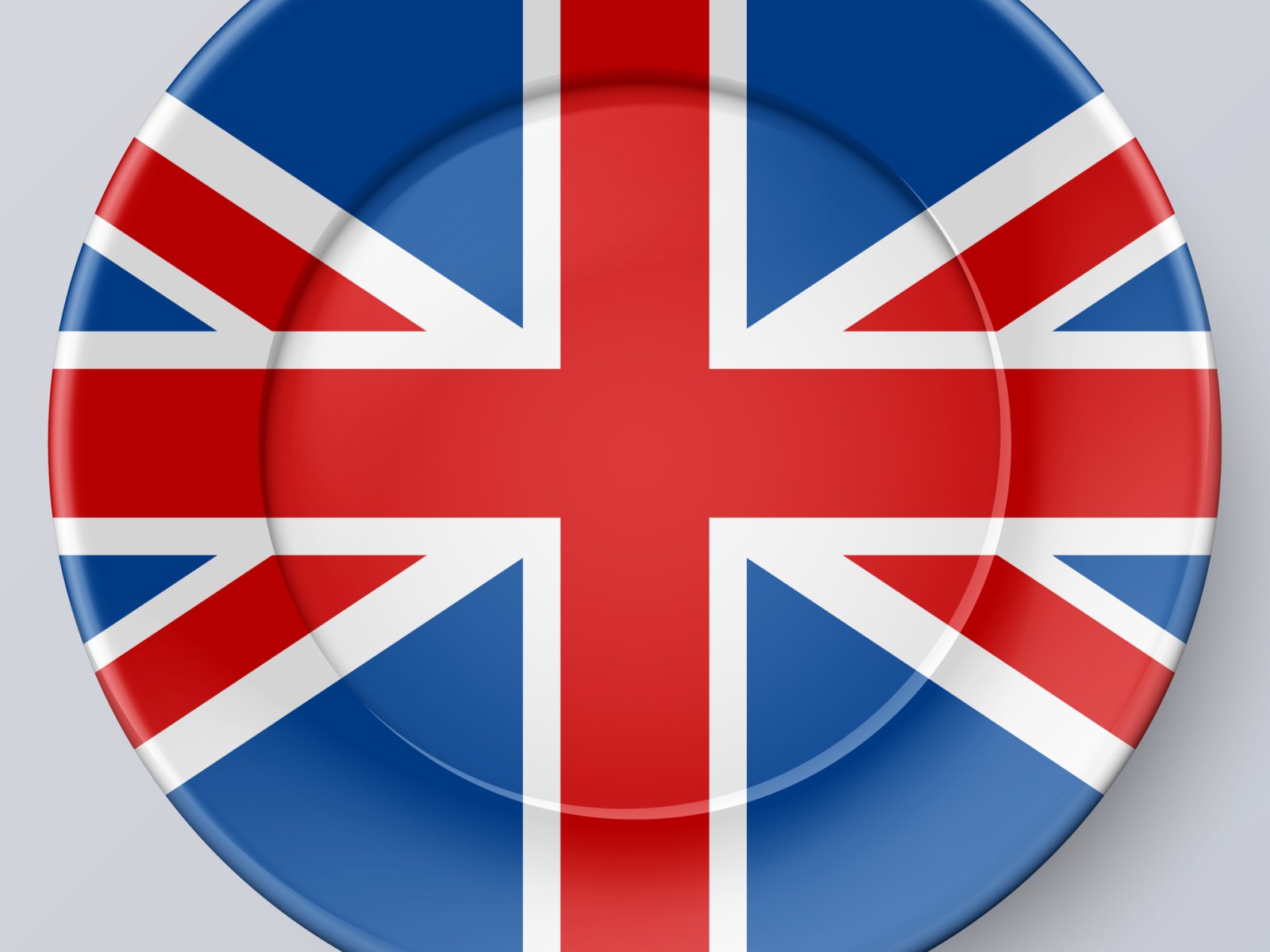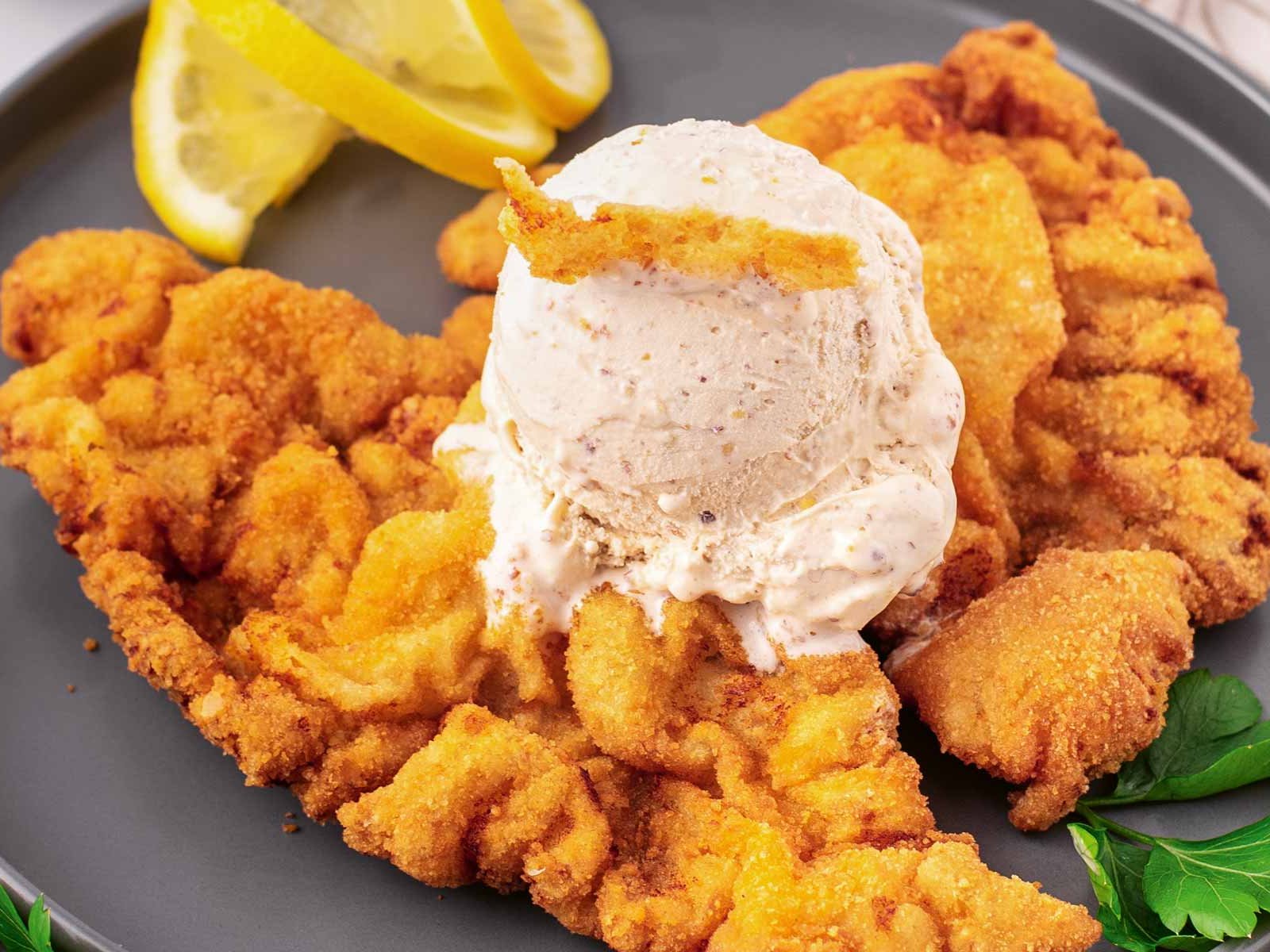The Five Best Non-Fiction Books for Wine Lovers
From philosophy to memoir, scandal and forthright opinion, here are five non-fiction wine books to make you look at this drink, the world and yourself in a new light.
1. The Wine Lover’s Daughter, Anne Fadiman
The most delightful read for anyone with a wine lover in their family. Anne Fadiman’s tender memoir of her father, the American intellectual, writer and broadcaster Clifton Fadiman, examines a fascinating life through the prism of his longstanding love affair with wine.
It was a passion sparked, ironically, when Fadiman pursued his errant first wife to Paris. That marriage failed, but he was left with a new love. For a man perpetually seeking to escape his impoverished Jewish upbringing in Brooklyn, wine offered Fadiman a new persona and sense of belonging. As his daughter sums up: “Wine was both civilized and civilizing.”
But how do you cope when, although able to understand your father’s great passion on an intellectual level, you are unable to share that passion when it is physically presented in a glass? This book is often as much about the writer as its subject: the moving evocation of a close yet never entirely compatible relationship.
Welcome to day four of my @thebookishglow #FoxedFive takeover!
— Slightly Foxed Magazine (@FoxedQuarterly) April 28, 2022
I’m sure many of you can relate to the bookworm’s love of bookish books, and one of my favourite titles in this sub-genre is Anne Fadiman’s Ex Libris. This slim book is filled with so… https://t.co/jm2i0OUXgB pic.twitter.com/yrzjPrYxJa
2. I Drink Therefore I Am, Roger Scruton
Much has been written about wine’s effect on the body, but what about the soul? Philosopher Roger Scruton tackles prohibitionists head on with this staunch, eloquent defence of the opinion attributed to Plato that “nothing more excellent or valuable than wine was ever granted by the gods to man”.
He starts with a consideration of the ritual frameworks devised throughout human history as a means of channelling wine’s potent properties for the good of society.
Next, more personally, comes the recollection of people, places and bottles that not only played such a formative role in Scruton’s own love of wine, but also frequently marked meaningful milestones in his life. How many important conversations, ideas and encounters that have shaped our own existence can claim wine as a catalyst?
Then there is the role played by wine in shaping our political and cultural landscape, and indeed vice versa. Globalisation, Bordeaux’s 1855 classification, colonialism and phylloxera are just some of the themes that fall under Scruton’s scrutiny. He ends with light relief, recommending wines to “pair” with the works of various philosophers: surely the most reliable path to enlightenment.
Have you read his book about wine,‘I Drink, Therefore I Am” ? It’s such enjoyable reading, perhaps some of his very best writing. pic.twitter.com/69FJUp7JVv
— Future Symphony Inst (@FutureSymphony) December 23, 2020
3. Noble Rot, Dan Keeling & Mark Andrew
Forget all those dry, imperious fine wine books: here is a juicy, provocative alternative voice for the modern age. Dan Keeling is a record company executive with a passion for wine, who struck up a friendship with his local wine merchant, Mark Andrew. Together they created first Noble Rot magazine, swiftly followed by two wine bar-restaurants that should be on the itinerary of any wine lover in London. This book is the literary distillation of that same drive to infect others with their love for great wine, including the people and places behind those celebrated bottles.
There’s a definite aura of hanging out with the cool kids when you read Noble Rot, but it’s not off-putting as they so clearly want you to join their gang. Advice on how to order wine in a restaurant instructs the cliché-clutching reader to “Have some self-respect for Christ’s sake”, before dispensing a barrage of top tips.
As with other fine wine tomes, there are sections tackling grape varieties, how wine is made and how to taste it. But here, these are pithily delivered with punchy opinion and eye-catching illustrations. Expect references to Radiohead, nightclubs and Premier League football. Equally fresh are the profiles of inspiring producers, although don’t be surprised that upstarts from Etna and England receive equal rock star billing to the normally staid names of Bordeaux and Burgundy.
Books read in 2019. 28. Roger Scruton “I Drink Therefore I am A Philosopher’s Guide to Wine” pic.twitter.com/rhRPXZXGkY
— the underground man (@fucnpr2) March 27, 2019
4. The Billionaire’s Vinegar, Benjamin Wallace
Vanity, intrigue, money, fraud: it’s all here in this thrilling tale of human weakness, with wine at its centre. The billionaire’s vinegar in question is a cache of 18th century Bordeaux wine, which collector and trader Hardy Rodenstock claimed to have unearthed in 1985 from a Paris cellar.
Excitable claims circulated that these bottles had belonged to US president and famous oenophile Thomas Jefferson. High profile collectors, businesses and wine experts became involved, with huge sums of money changing hands. Eventually one buyer, the US collector Bill Koch, smelled a rat and launched legal proceedings.
This book follows the tale, treading lightly around the case itself, which was still ongoing at the time of publication, yet delving deep into the thorny issue of wine authentication. After all, if the experts can be so wrong, what does that mean for the fine wine trade? Soon the book itself became part of the wider story: one expert involved, the late Michael Broadbent, sued the publisher for libel.
5 Books to Read with a Glass of Wine for #NationalDrinkWineDay: 4) The Billionaire's Vinegar by @benjwallace | https://t.co/07IjAa2uQm #bookblogger #amreading pic.twitter.com/o8h5wf9oSJ
— Ashley Hasty (@AHastyLife) February 17, 2018
5. Waugh On Wine, Auberon Waugh
Evelyn Waugh may have written lyrically about wine in fiction but his son Auberon was even more prolific and opinionated on the subject in a regular series of columns, collected here in this book. First published in 1987, Waugh On Wine – a suitably polemic pun for an author who firmly believed critics should not be reserved with their opinions – remains sufficiently entertaining and relevant that it was republished in 2019.
What makes good wine writing? For Waugh the principle aim was certainly amusement over information. To this end, he embraced “bizarre and improbable” tasting notes, including “condensed milk, sewage, the smell of French railway stations or ladies’ underwear – anything to get away from the accepted list of fruit and flowers.”
Waugh died in 2001 so this book is undoubtedly dated. What’s more, although well-informed and undoubtedly eloquent on his subject, Waugh was certainly not infallible. Neither factor is a hindrance to the enjoyment of this book; indeed, they add an extra layer of appeal. We’re left wondering what Waugh would have made of the dramatic shifts in the world’s wine landscape over the last few decades. It’s certain he would have had strong opinions, colourfully expressed.
“What gives this a special poignancy is time. These columns were written mostly in the early 1980s.” — @rogerkimball on Auberon Waugh's Waugh on Wine in our July Issue https://t.co/hrrGzw1P90 pic.twitter.com/if3mhpzrH3
— The Critic Books (@TheCriticBooks) September 17, 2021
Roger Scruton I drink therefore I am @La_Lettura #cosastoleggendo #vivalaLettura #goodreadswithaview #sunset pic.twitter.com/8PojOJiZQo
— Ilenia Orifici (@IleniaOrifici) August 2, 2015
#LiteraryBirthday
— Hackney Libraries (@hackneylibs) August 7, 2020
In The Wine Lover's Daughter, #AnneFadiman examines, with all her characteristic wit and feeling, her relationship with her father, Clifton Fadiman, a renowned literary critic, editor, and radio host. https://t.co/QefsVYGzAM pic.twitter.com/4UQWea01sF


